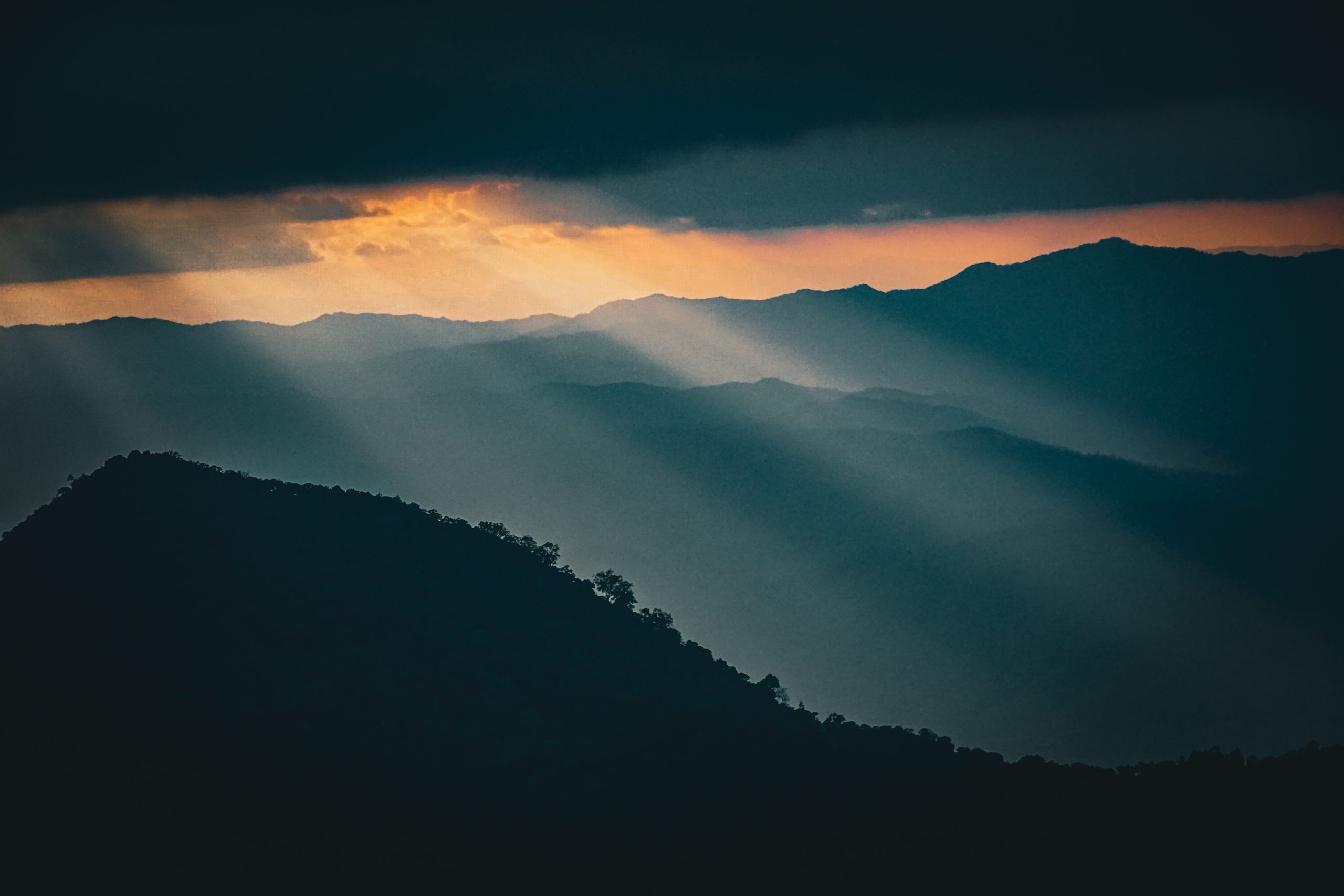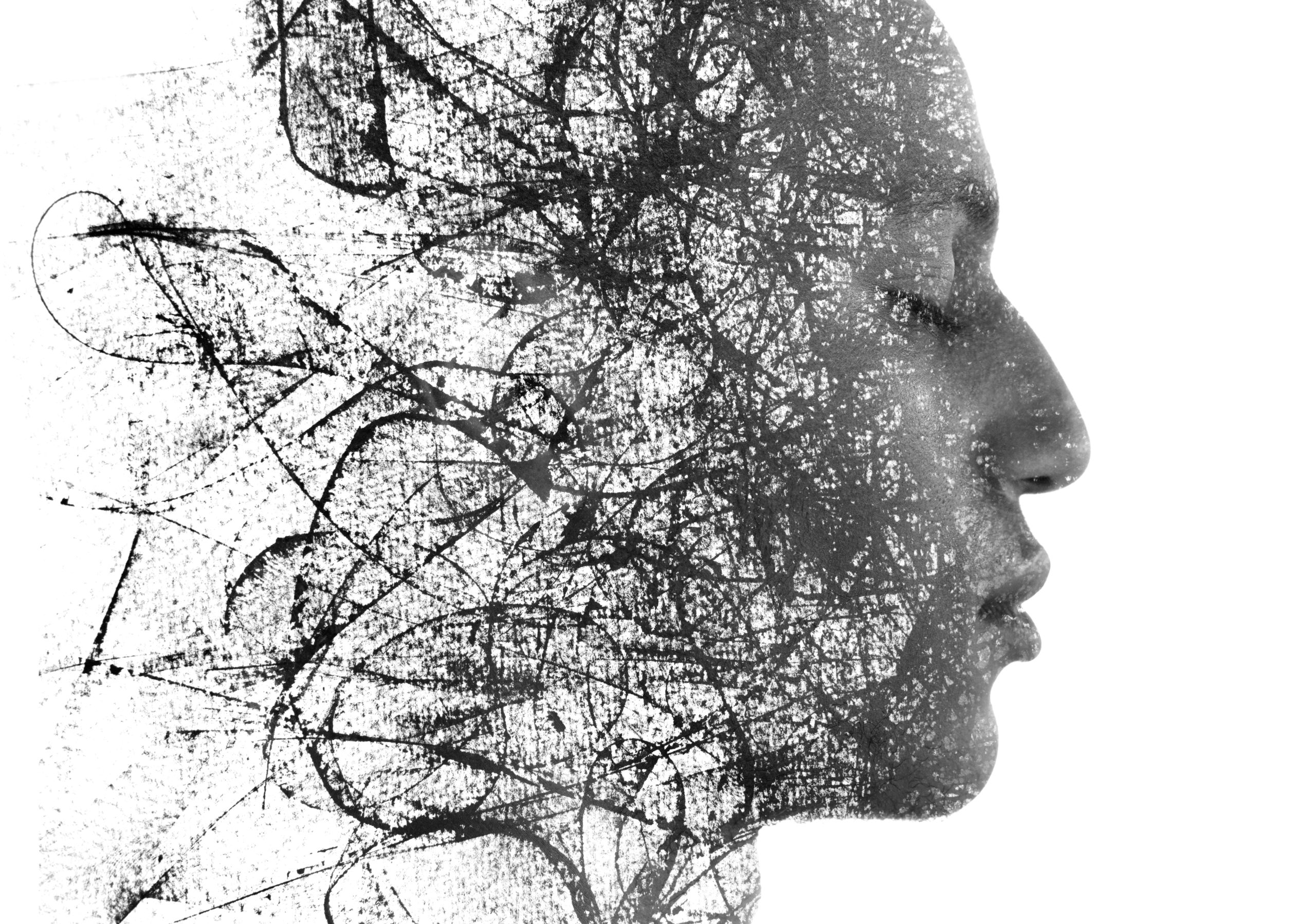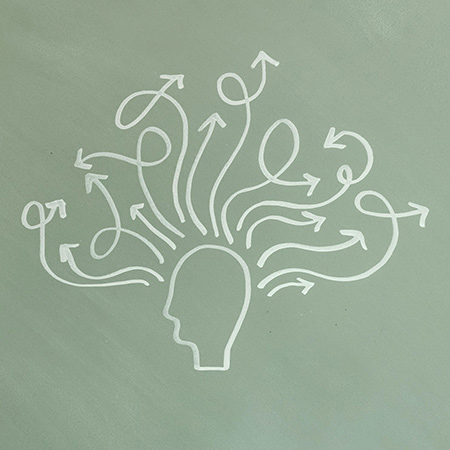
As a therapist, I have studied addiction. I have worked at a residential substance use disorder inpatient treatment facility, and I have learned about how addiction can include not just physiological and psychological craving and dependence on substances, but also to videogames, social media, and even people. I have witnessed people who have become consumed by their addiction, and I have watched them struggle to gain a sense of autonomy and normalcy in the process of healing. I have always felt a sense of security and safety knowing that I had never experienced these debilitating kinds of addictions. Then the pandemic hit. During COVID-19, with the rest of the country, my graduate program transitioned to an online format. I found myself with hours of extra time in my day because I was no longer commuting 3 hours to and from my university. I started to do my homework sitting outside, in a bikini, in the glorious sunshine. Then I started attending my online classes sitting outside, then I started walking on the beach for 2 or 3 hours every morning before starting my day, and then I moved my daily workouts onto the back porch. It felt so nice to see my skin glowing tan, to feel attractive and beautiful.
Some context: At 15 years old, I transitioned from being a school-driven, semi-quiet theater kid to joining the swimming and water polo teams. In the process, I gained muscle, lost weight, my hair turned from brown to blonde, and my skin from pale to golden. From then on, I was called “golden goddess” by friends, and people would routinely tell me my skin was stunning. I associated my beauty and sex appeal with how tan my skin was, so I would swim for hours and lay in the sun afterward. For years I maintained this ritual, this routine, but when the pandemic hit, the recreational pool closed down, and I found myself with the option to sit outside all day every day. It became an obsession. I would feel anger and bitterness rising in my chest whenever the morning fog did not burn off, and my day was ruined without the sunshine. On the flip side, whenever the sun was shining, I would feel anxiety gripping my arms and pulling me outside with a force that made it difficult to concentrate when I was indoors.
This obsession took from my everyday life and further isolated me from my community. I would rather sit alone outside in the sunshine or at the beach than spent time with friends or family, and plus, the pandemic guidelines told me to quarantine and sequester myself from the outside world. I spent more and more time outdoors, my skin crisped darker and darker, until one day I finally noticed the damage the sun was inflicting upon my skin. I saw a lot of freckles developing on my body–one particularly concerning dark spot forming on my arm–but my obsession with the sun and my obsession with making my skin ever tanner overrode my desire to protect my fragile skin and avoid skin cancer in the future. For months, I chose the sun.
On a nondescript sunny day in April of 2021, I had a revelation: I was addicted to tanning. I am addicted to tanning. Some have labeled it “tanorexia” to highlight the body dysmorphia that permeates this addiction to tan skin, and this definitely describes my experience. As I am writing this very blog post, I am sitting in the sun (albeit wearing sunscreen and a t-shirt) because it is such a stunningly beautiful, sunny, hot day that I cannot bring myself to go indoors. I live on the coast of California, where global warming has made the winter months hotter and dryer, and so I deal with sun anxiety almost every day. When I tell people about my tanning addiction, they often chuckle and say something about how wonderful it feels to be in the sunshine. I agree, but I also think people do not understand the extent of the anxiety that straddles this addiction. When your daily life revolves around finding enough time to lay outside, when the weather dictates your mood and emotional state, when you believe that you are ugly without tan skin, you have a problem.
I debated whether I wanted to write this blog post and share so vulnerably about my tanning addiction because I am worried that people will not take me seriously. Maybe you think that I am making a big deal out of nothing, or that “addiction” is too strong a word for what I have been experiencing. But if one of you reads this and resonates with what I have written, I hope that knowing you are not alone will give you a small sense of community. If anyone wants to talk more about tanning addiction with me, please feel free to reach out.




